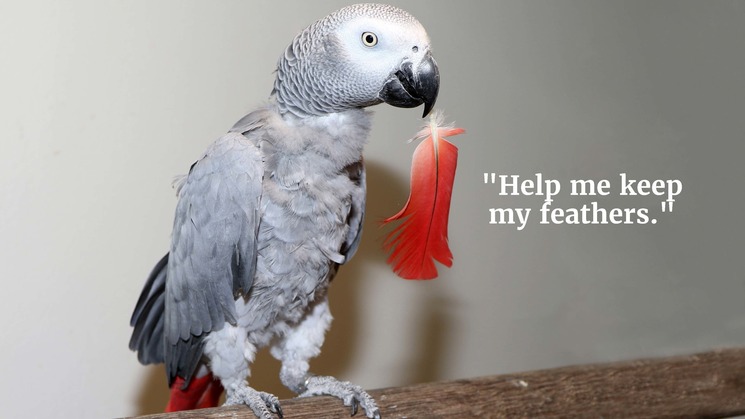Welcome
We thank you for your interest in participating in our parrot survey. At current, the website www.parrotsurvey.com is temporarily unavailable. In future, new information may be posted here regarding results from the analyses performed on the data collected so far, as well as invitations to new surveys that we will be conducting to collect information on welfare of parrots kept as pets. Interested in learning more? Please take a look at the Friends of VetMed website, where you can read more about our current and future projects…


